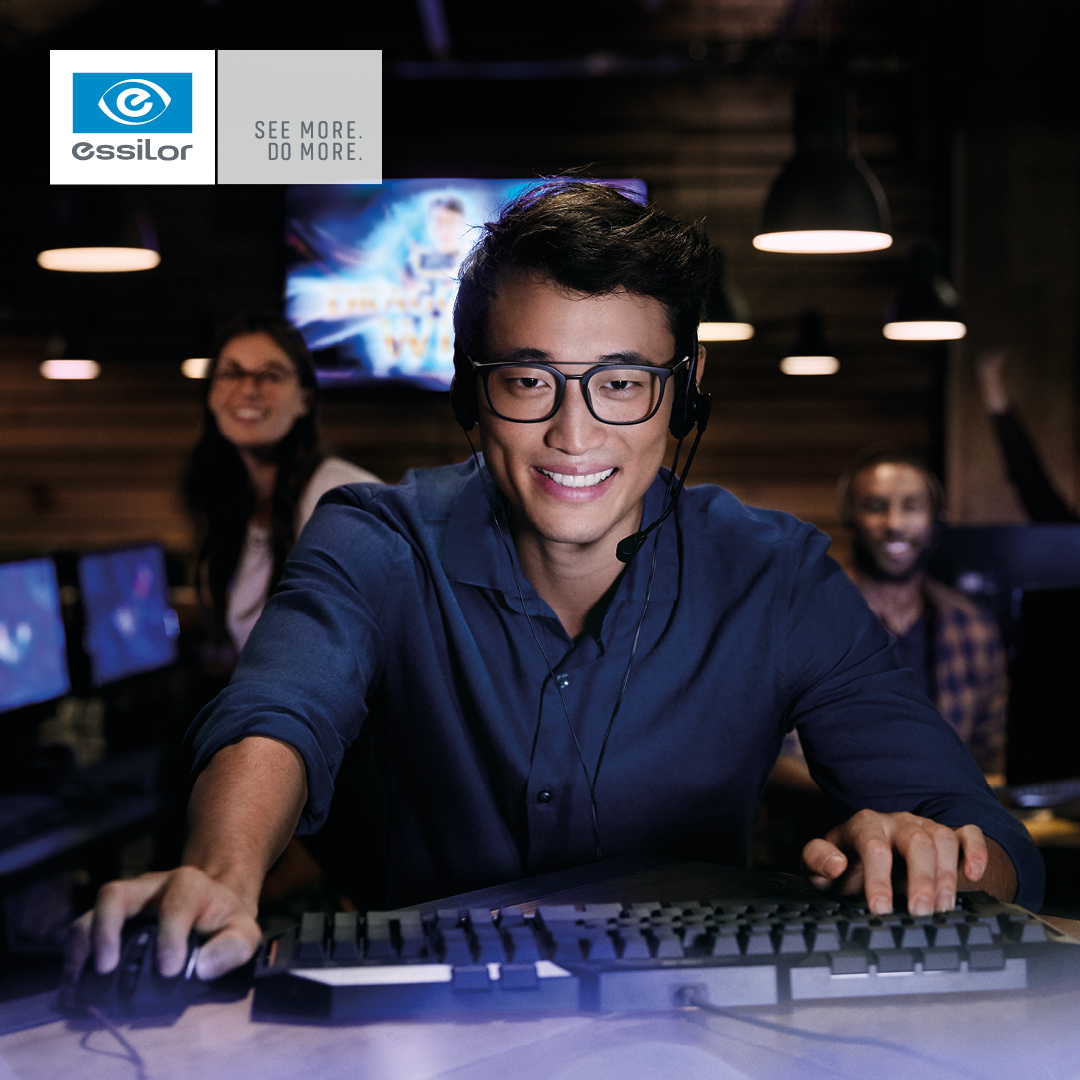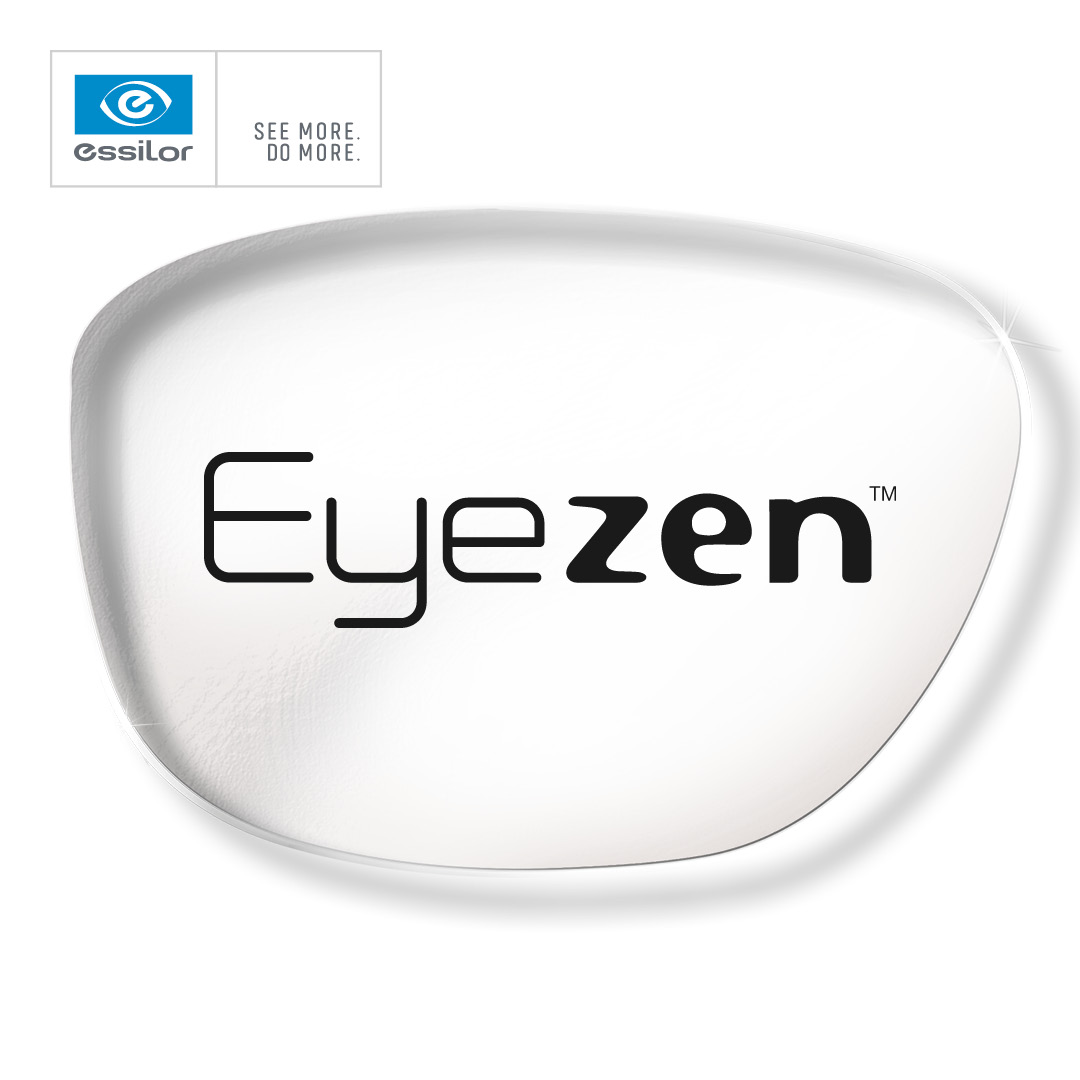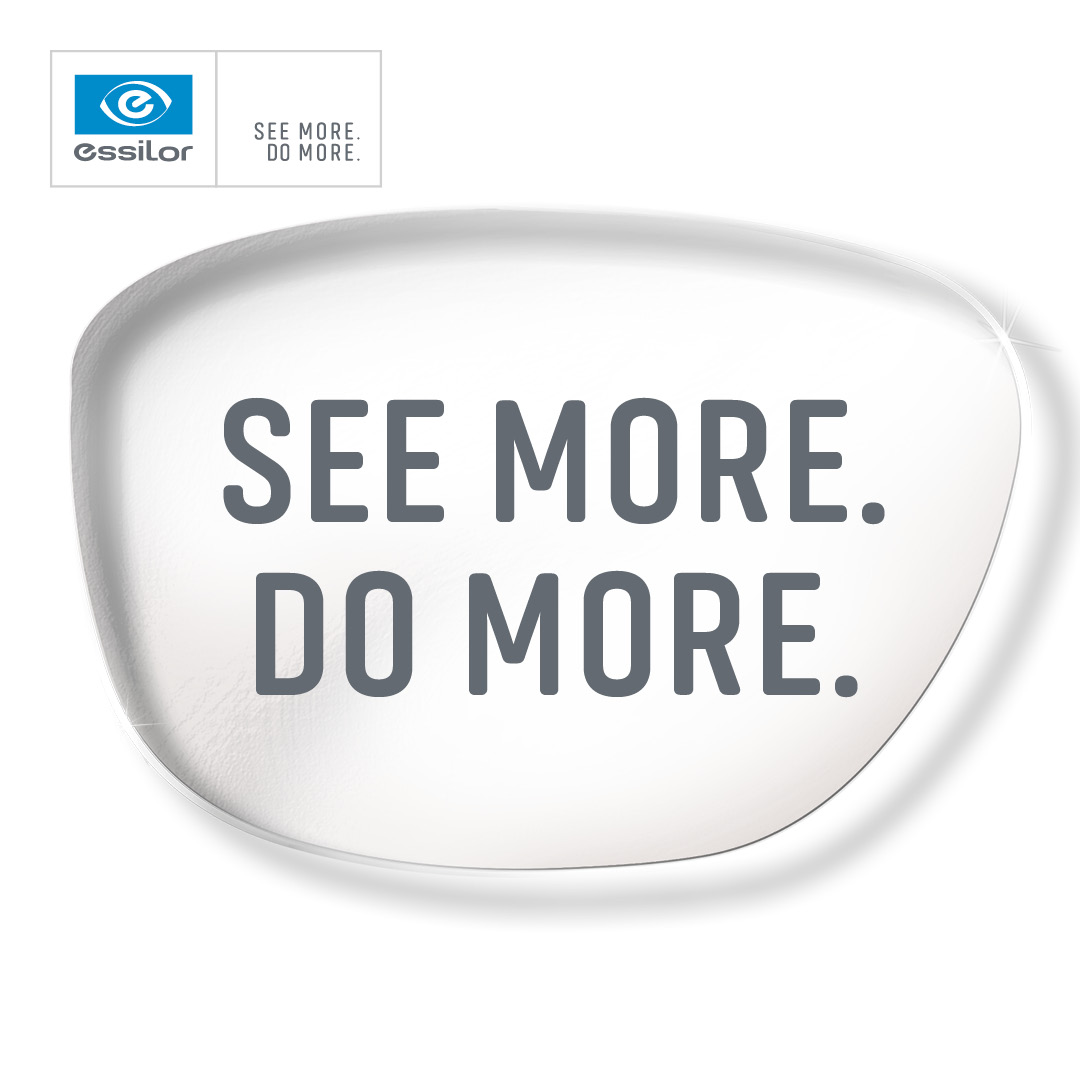Eye Examinations
Eye Examinations
Our optometrists have studied for years to understand all about your eyes – how you can look after your eyes and what your options are if things need a little attention.
Your eye examination is in a private and comfortable air conditioned and fully equipped consulting room. We adhere to the best practice guidance on the best way to test your eyes and we can also provide expertise in:
Pupil dilation to facilitate further examination of the inside of the eye.
Digital retinal imaging to create a computerised record of structures inside the eye
Anterior segment imaging to image the structures at the front of the eye
Optical coherence tomography to create three dimensional images of eye structures
Your Eye Examination
Our routine eye examination will normally include;
- Your symptoms, if any.
- We’ll ask you about any eye treatment you have had previously as well as any including family history, your general health and current medications, your occupation and lifestyle.
- We’ll assess of your vision and binocular status, objective and subjective refraction
- Binocular vision assessment
- A slit lamp microscope examination of the anterior (front) segment of the eye
- A slit lamp microscope and Volk lens examination of the inside of your eye
- Measurement of intra-ocular pressure by Goldmann tonometry (hospital ‘gold standard’)
- A discussion of all available options available to you, and advice on what is likely to be most appropriate to your particular requirements

Some additional assessments might be recommended, for example;
- Colour vision assessment
- Visual field (peripheral vision) assessment
- Headset binocular indirect fundoscopy to view the peripheral retina (for example in suspect retinal detachment)
- Pupil dilation to facilitate better visualisation of the back of the eye
- Goniosopy – to assess the risk of closed angle glaucoma
- Retinal or anterior segment imaging to record findings pictorially
- Optical coherence tomography to assess in minute detail various eye structures to aid diagnosis, refine referrals to hospital, of to make objective assessments.
- Dry eye assessment

Preparing for your Eye Examination
There are a few things that you can do to help us when you attend for your appointment.
Here are a few tips:
- Bring your spectacles with you – all those that you currently use, and for new patients, your most recent prescription if you have it.
- Bring a list of current medications.
- If you use any other optical aids like magnifiers, bring them along too.
- If you have attended hospital for your eyes in the past you might have copies of correspondence like discharge notes, bring these if you can find them.
- Allow plenty of time, a typical examination will last 30 minutes, and we will try to see you on time.

01670 513175

The NHS Sight Test Protocol

The NHS sight test protocol simply defines what you should expect from your NHS sight test. This protects the patient by ensuring that an NHS eye examination will attain a minimum standard regardless of where it is carried out. It also protects the optometrist by clarifying where an NHS eye examination ends and where either referral to a medical practitioner or additional services provided by the optometrist would be appropriate. This protocol will also form the basis of our private eye examination.








